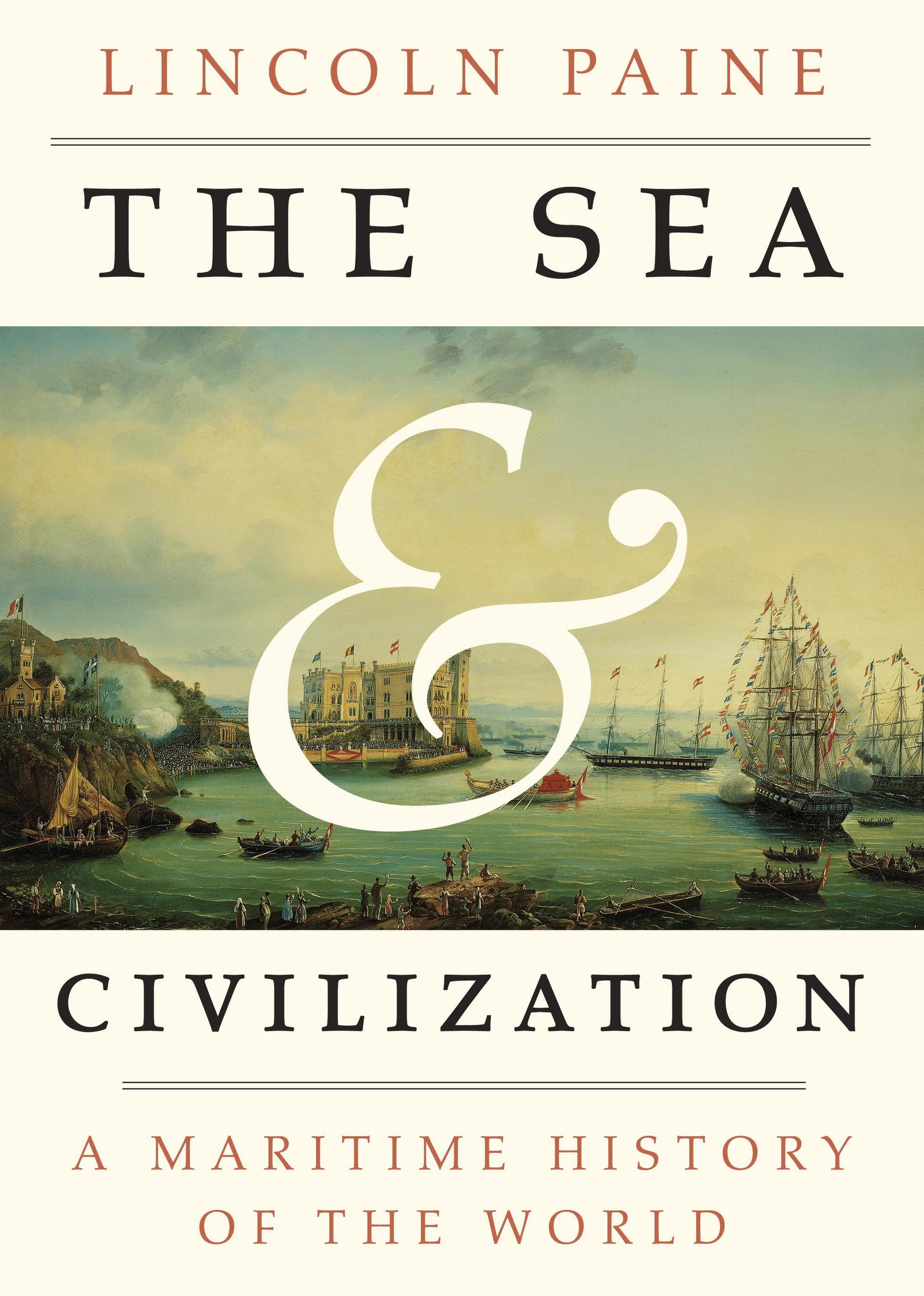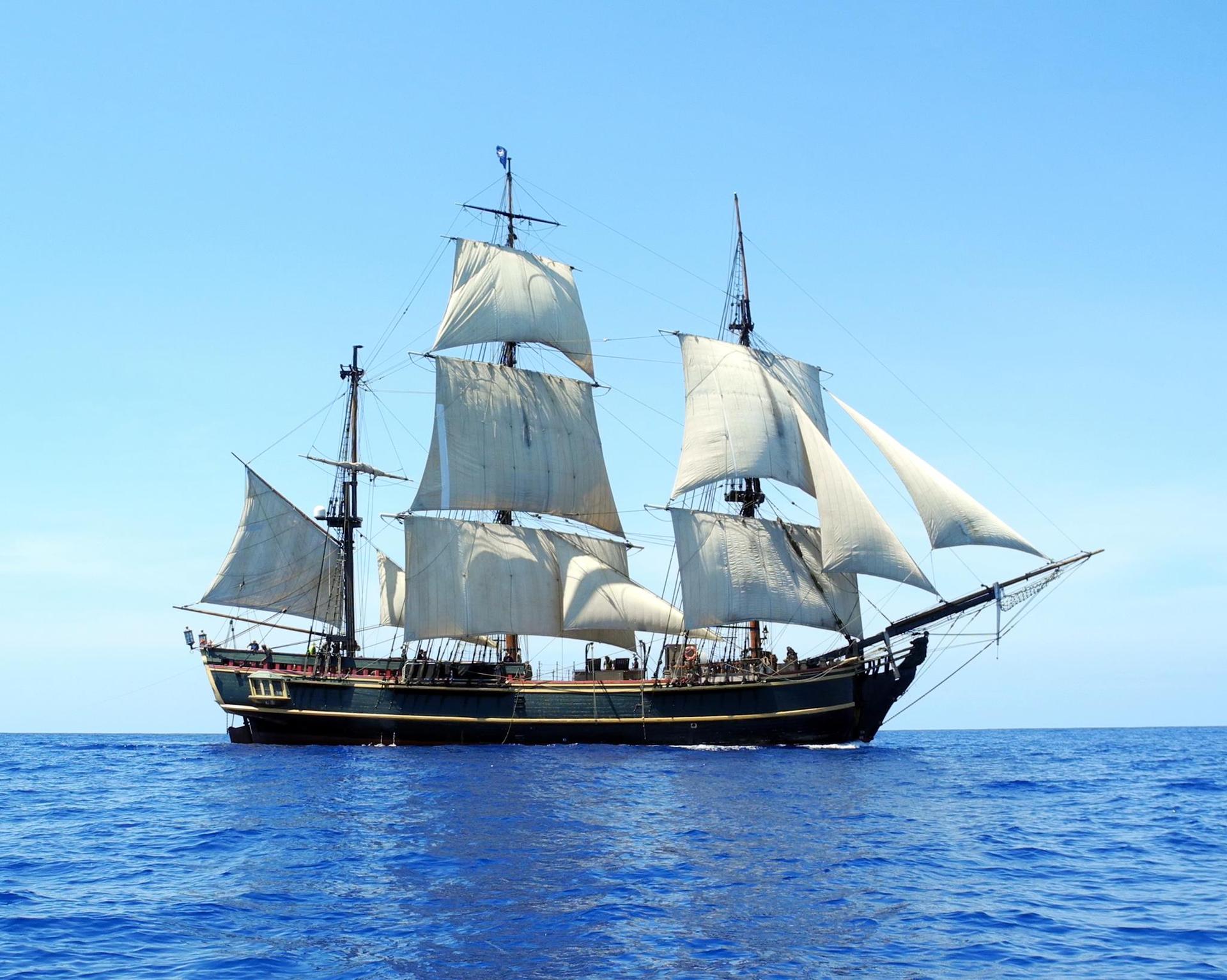The sea has been the main artery of cultural transformations throughout history
The re-created HMS Bounty, which sank in Hurricane Sandy in 2012.
Throughout history, the seas and oceans of the world have been essential for the exchange of goods, people, ideas and religion. This is the subject of Lincoln Paine's new book called "The Sea and Civilization: A Maritime History of the World."
Paine says his book is an attempt "to integrate a whole variety of different areas of maritime history that people have specialized in over the last 50 or 60 years, but which nobody has ever really approached from a holistic perspective." It's remarkable, Paine says, how maritime history is so parochial, when in fact the nature of maritime life is all about connections to other places.
 The breadth and extent of Paine's story-telling is also remarkable. It's also refreshing to see how he avoids the temptations of ethno-centricity. Much of the story of maritime history begins with Ferdinand Magellan and Christopher Columbus, and centers on the rise of European dominance in the world of commerce and seapower. Paine seeks out and presents amazing details on life at sea, trade and culture outside Europe and tells the little known story of how local seamen and traders endured and adapted to European intrusion.
The breadth and extent of Paine's story-telling is also remarkable. It's also refreshing to see how he avoids the temptations of ethno-centricity. Much of the story of maritime history begins with Ferdinand Magellan and Christopher Columbus, and centers on the rise of European dominance in the world of commerce and seapower. Paine seeks out and presents amazing details on life at sea, trade and culture outside Europe and tells the little known story of how local seamen and traders endured and adapted to European intrusion.
He relies on the sampans of the China seas and the birch-bark canoes of Canada, as much as as he does on the galleons of Europe.
One key aspect of the book is the way it highlights how the sea has made possible huge cultural transformations. Ideas, like trade, have historically been spread much more easily by sea than by land. Hinduism, Buddhism and Islam all followed the ancient trade routes from India into south-east Asia.
The book brings the reader up to the present day, and discusses the big issues facing the future of the oceans.
- Piracy: which still prevails in the same strategic choke-points where it has in every generation.
- Climate change: which is revolutionizing shipping in the polar regions, and is also bringing huge challenges to ports as sea levels rise.
- Fisheries, which says Paine remain over-managed and mis-managed at the same time.
Paine says despite his years of study and thinking about the sea and the life it carries, he can still enjoy a simple day at the beach or an afternoon out sailing.
